Japan extends order to target any N Korean projectile ahead of satellite launch
Japan has extended a military alert to shoot down any North Korean ballistic missile, rocket or debris approaching the island nation ahead of Pyongyang’s anticipated next satellite launch.
Japan’s Defense Ministry declared on Sunday that the order for its military forces to be on high alert would remain in place “for the time being” in an apparent expectation of North Korea’s re-launch of a satellite after its first attempt failed due to a reported rocket malfunction.
The development came after Pyongyang announced that it had made necessary adjustment following the first attempt and a second satellite launch would take place “as soon as possible.”
North Korea further stated that it may not issue an advance notice for the next satellite launch as it did the first time, likely sparking Tokyo’s extension of its high alert against a potential re-launch by Pyongyang.
The country’s first attempt to launch a satellite into orbit took place on May 31 amid strong objections by the US and its close regional allies South Korea and Japan, but it crashed into the sea due to what was described as a malfunctioning rocket.
Japan's Defense Minister Yasukazu Hamada first issued the high alert order under the Self-Defense Force (SDF) law on May 29 after Pyongyang notified Tokyo of its plan to launch a satellite sometime between midnight on May 30 and midnight on Saturday.
The SDF has deployed Patriot Advanced Capability-3 surface-to-air interceptors to its southwestern islands. In addition, Japanese Aegis destroyers equipped with Standard Missile-3 interceptors have been deployed to the East China Sea.
This is while the defense forces of both Japan and South Korea are totally dependent on the US military and cannot function without authorization and coordination of American forces stationed in the East Asian countries.
Meanwhile, Japan's top government spokesman further claimed that it was possible that Pyongyang could seek to "push forward" a second launch without announcing a time frame, describing the decision to indefinitely extend the destroy order as a "reasonable" move by the Japanese SDF commanders.
"Such a launch, even for the purpose of launching a satellite, would be in violation of United Nations Security Council resolutions prohibiting the use of ballistic missile technology by North Korea," Chief Cabinet Secretary Hirokazu Matsuno further stressed at a news conference on Monday.
He then added that Tokyo was taking necessary steps "to be able to respond to any eventuality."
North Korea, however, has remained quite clear about the aims of its advancing missile development program, insisting that it is part of a national security exercise to defend the nation against persisting war games by US and South Korean militaries intended to wage an aggression against Pyongyang and invade the country.
The US has even declared recently its approval of a nuclear-armed warship to South Korea to purportedly defend Seoul against rival Pyongyang, which already possesses a nuclear weapon program as a self-defense measure against the massive presence of nuclear-powered American military forces in South Korea.
Moreover, vice-chairman of the Central Military Commission of the North's ruling Workers' Party, Ri Pyong Chol, also declared on May 30 that leaders in Pyongyang strongly feel "the need to expand reconnaissance and information means and improve various defensive and offensive weapons" in an effort to bolster its military preparedness against enemies.
The official also blamed the US of conducting "hostile air espionage activities on the Korean peninsula and in its vicinity."
North Korea’s official KCNA news agency further cited Pyongyang officials as adding that it will continue to develop its weapons and missile programs, justifying the move as a "legitimate right of a sovereign state to have more powerful means of self-defense" to fend off "serious situations and prospective threats."
The US, along with South Korea and Japan, however, view the North’s launch of a reconnaissance satellite as a thinly veiled means of advancing its missile program arguing that similar technology is employed in the process using ballistic missile technology.
Israel preparing to stay in southern Lebanon after ceasefire: Report
Israeli pressure on Hamas ‘hardly helped’; swap deal necessary: Ex-Mossad chief
Far-right Israeli minister Ben-Gvir again storms al-Aqsa Mosque
Iran: Israel’s attack on journalists’ vehicle in Gaza amounts to ‘war crime’
VIDEO | Israel’s war spending
Palestine Action wins again
VIDEO | Palestinian Authority's blockade of Jenin refugee camp reaches third week
Dec. 25: ‘Axis of Resistance’ operations against Israeli occupation


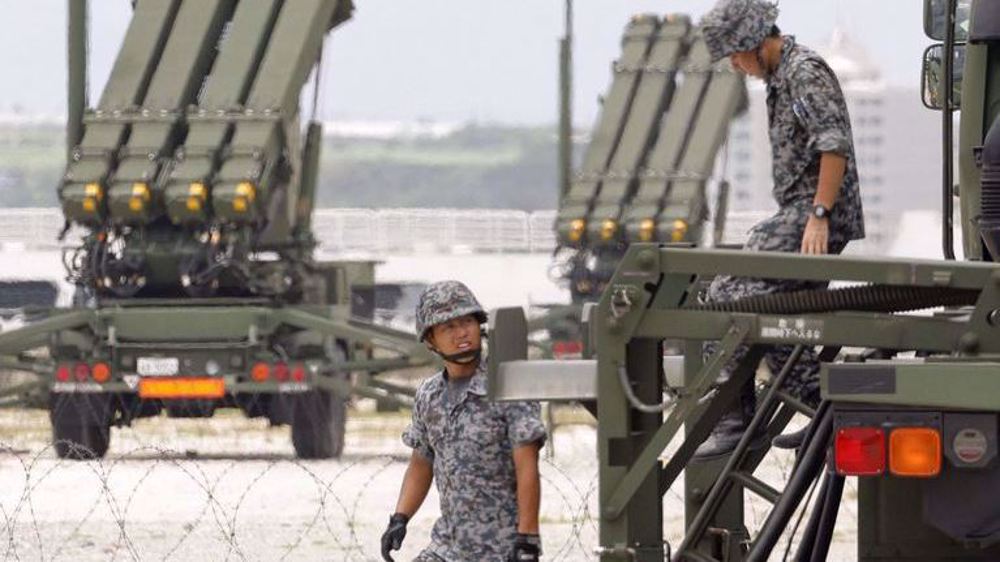
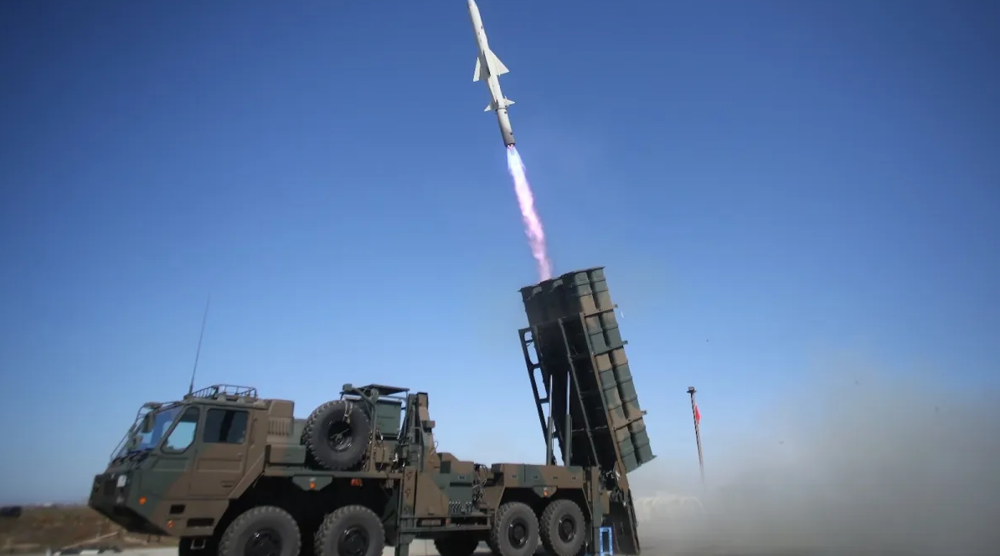
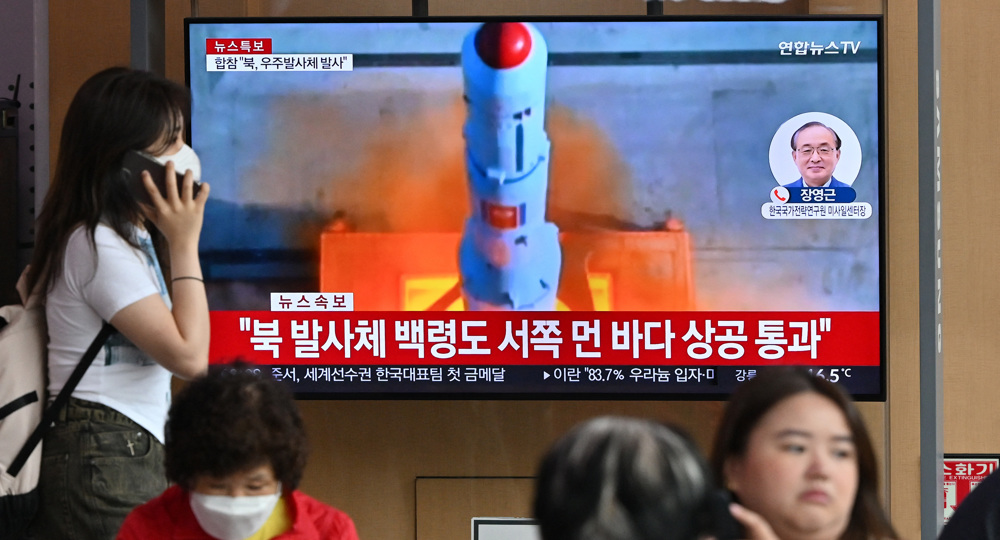
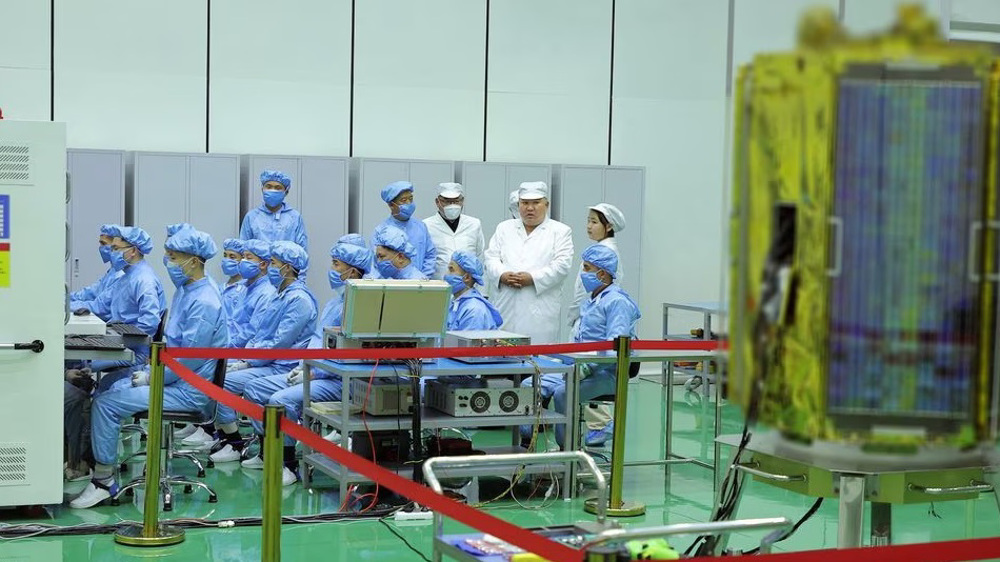
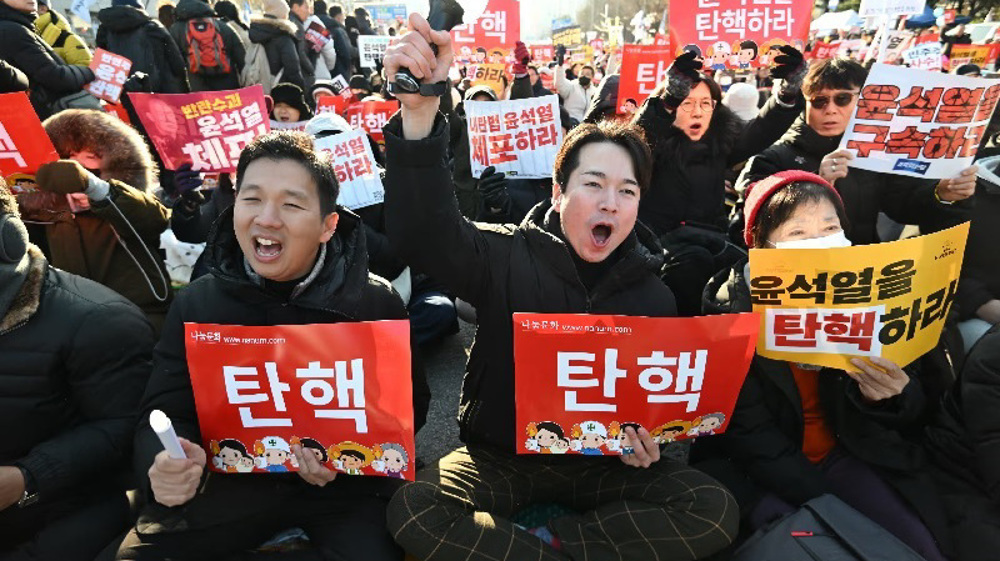
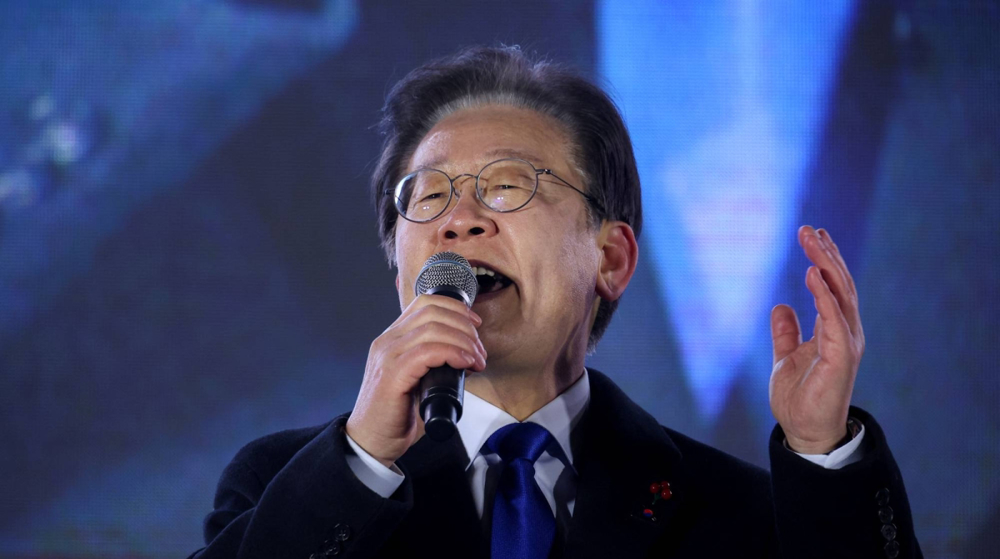






 This makes it easy to access the Press TV website
This makes it easy to access the Press TV website